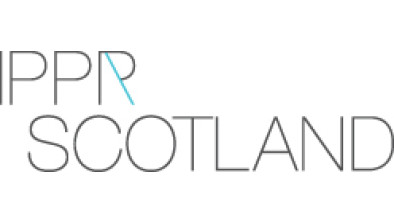Chris Dunn: Banking and finance - issues currently facing housing associations
Chris Dunn, partner at Brodies LLP, details the current issues facing Scottish housing associations in terms of banking and finance in the current COVID-19 climate.

Chris Dunn
Amongst the multitude of issues currently facing housing associations during the COVID-19 pandemic, one focus of FDs and boards needs to be on the terms of their existing banking facilities and private placement documentation.
This should help both to identify issues potentially affecting the short term financial stability of the housing association and also to provide the information needed to support any requests for lenders or investors to waive covenant breaches or amend the terms of their facilities.
Lenders are likely to conducting similar exercises across their client base and early dialogue between a lender and a housing association is likely to be most productive in ensuring a strong continuing relationship.
I have identified the following tasks as likely to be key to many housing associations:-
1. Identification of information and other undertakings which require to be satisfied during the following months. These may include:-
a. delivery (and approval where relevant) of the housing association’s business plan
b. delivery of the annual financial statements
c. delivery of a compliance certificate in respect of the FY to 31/3/20
d. delivery of quarterly management accounts.
2. An analysis of the impact of the COVID-19 pandemic on covenant compliance, particularly in relation to interest cover or gearing. If such covenants are only tested annually by reference to the latest annual financial statements, compliance as at 31/3/20 may be OK, but a look forward to future compliance may be needed.
3. An analysis of the impact of the COVID-19 pandemic on asset cover. This is normally an ‘all times’ covenant and it may be useful to seek informal feedback from valuers as to the current, or anticipated, impact.
4. A calculation of what drawings are likely to be required over the following months.
5. A calculation of the interest and debt service payable over the following months.
6. An analysis as to whether any charging exercises need to be completed over the next few months. In this regard, the current closure of the Registers of Scotland for the registration of standard securities may make such exercises difficult to complete and discussions with lenders on potential alternatives, such as unsecured bridging or the use of floating charges, may be needed.
The key is likely to be early engagements given that most housing associations are likely to be in the same position and lenders are likely to be fire-fighting multiple approaches at any one time.
Read all of our articles relating to COVID-19 here.








